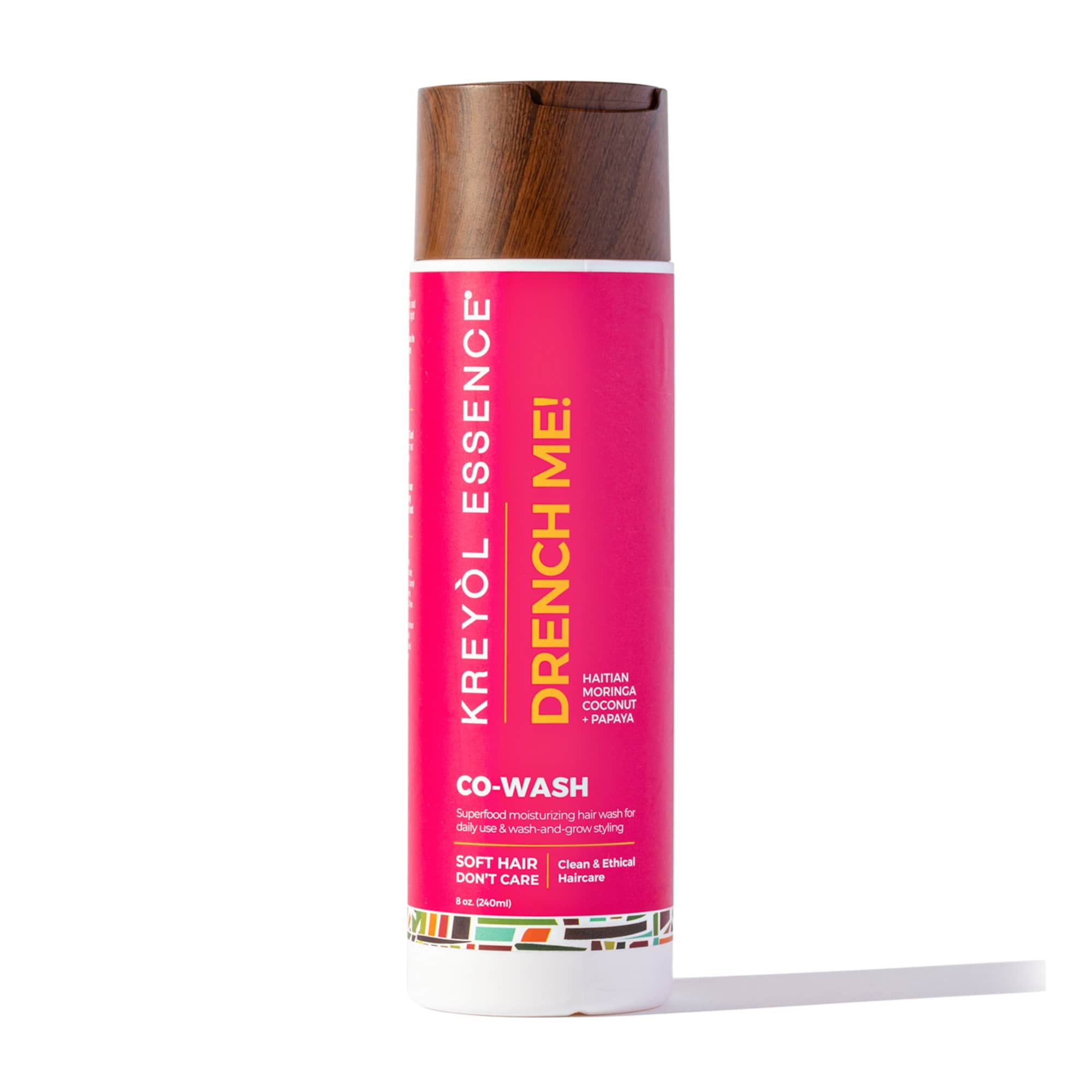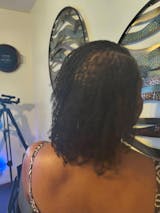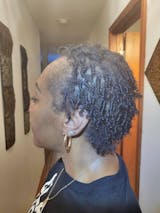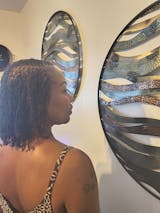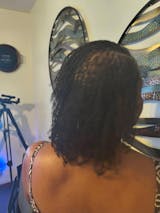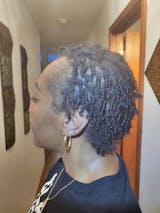Founders Corner
Glossy: Inclusivity is missing from the retailers of the future

For the latest edition of #LFH, our weekly Instagram Live series on how fashion and beauty brand founders are adjusting to leading from home, Glossy beauty and wellness reporter Emma Sandler chatted with Yve-Car Momperousse, founder of hair, skin and body brand Kreyol Essence. Logging on from her home in Miami, Momperousse discussed the need for change in the beauty industry, particularly the clean beauty segment.
“There are not many clean beauty bands that are owned by people of color in many of the retailers that focus on clean beauty,” she said. “Your Detox Market, your Follain your Credo — these are the retailers of the future, but the inclusivity is missing; they are not serving a customer base that is in dire need of clean beauty products.”
Momperousse said she has had a busy seven months, going from managing the holiday sales spike to competing on “Shark Tank” (where she secured funding from Kevin O’Leary), to launching Kreyol Essence at Ulta, to adjusting operations for the pandemic.
In the below excerpts from the conversation, she shared why her company was better prepared than most for coronavirus and why the 15 Percent Pledge needs “parameters.”
What inspired the brand and business model:
“I started Kreyol Essence after having a hair catastrophe. I went to my hairdresser to get a straight, sleek look for an event, and when I washed my hair the next day, it all fell out. I called my mom and said, ‘What was that oil you used when I was growing up that solved all of my problems? Whether it was for dry hair, dry scalp, [added] body, it worked — and my grandma always had a bottle of it. And she told me: Haitian castor oil. I ran to the store, but unfortunately everything I found had bleach and other additives in it. So I begged my mom to send me some from what she called her Haiti stash. I jokingly said that we should start a business, but then she said, “Let’s think about it.” … As a beauty junkie, I thought, ‘There is nothing better than marrying my love of social impact and economic development, and being in beauty.” It’s something that I equally love, because I love how it makes women feel. We now work with 500 farmers and create work for 50-100 women [in Haiti] to produce our signature Haitian castor oil.”
Getting Kreyol Essence through the pandemic:
“[Working in] Haiti might have prepared us for the coronavirus. When you’re working in a developing country, you’re not working with the same rules or level of ease that you’re accustomed to in the states; there’s always the unknown. We weren’t working with 24 hours of electricity, and we had political protests eight months before [coronavirus hit the states], so we really had to plan how to get products out. We had to deal with different diseases that were occurring years before because of the earthquake, where individuals were getting sick. We had to figure out how to keep employees safe and follow protocol. All of that preparation made it easier for us when corona hit, to be able to quickly take control of our supply chain. Many companies couldn’t send orders out. What our 3PL filler could not fill, we brought it in-house; we worked so many hours — 15-hour days to catch up on orders and get them out. We were able to turn our whole office into a production facility, bring in the products and get them out. It wasn’t ideal, but we were intent that [the customer] needed to feel some sense of normalcy, and now, all of a sudden, she could not go to the salon and had to take care of herself.”
On the 15 Percent Pledge:
“One of my main concerns is that we’re requesting 15% on the shelves, but there needs to be parameters around that. Being on the shelf — that requires money, making sure you can market, making sure you can scale, that you understand the details that the retailers have in the contracts: charge-backs, being able to ensure logistics. Because all of those costs are not always things that newer brands, or those that are new to retail, understand. In our request for 15%, we have to request profitability and really sustainable opportunities for those brands through coaching, mentoring and support. [It’s about] making sure that the terms given to those brands — and any brand — make sense, so that you’re … not putting them in jeopardy of going out of business.”



